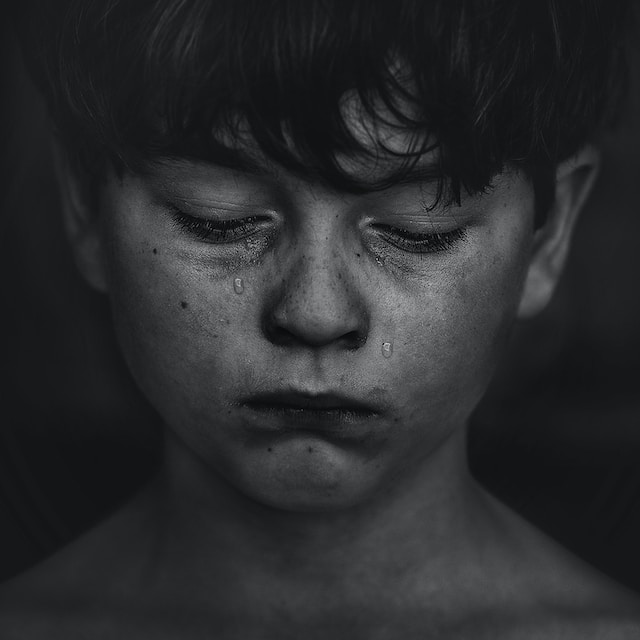Childhood trauma can have a lasting impact on individuals well into adulthood. It can manifest in many ways, such as anxiety, depression, PTSD and other mental health concerns. However, the good news is that with the right treatment, individuals can heal and recover from childhood trauma. In this blog, we will discuss effective ways to treat childhood trauma in adults.
1. Seek therapy
One of the most effective ways to address childhood trauma is through therapy. Different types of therapy can be used to address different symptoms of childhood trauma. Cognitive Processing Therapy (CPT) is often used to help individuals identify negative thoughts and behaviours that stem from the trauma. Understanding your experience and the story that has unfolded from it can help reduce the effects of childhood trauma. Cognitive Behavioural Therapy (CBT) is another approach that helps individuals deal with low mood and anxiety that can come from childhood trauma.
2. Practice self-care
Self-care is important when healing from childhood trauma. This can involve engaging in activities that promote relaxation and stress relief, such as exercise, meditation, or journaling. Taking care of your physical health is also important, such as getting enough sleep, eating well, and avoiding substances that can worsen symptoms.
3. Develop a support system
Building a support system is important for individuals healing from childhood trauma. This can include family, friends, or a therapist who can provide emotional support and understanding. Joining support groups or attending group therapy may also be helpful. It is important that you find a group that provides a safe space for you to share your experiences and connect with others who have gone through similar situations. On the other hand, some support groups can inadvertently send a message that recovery is not possible. This is another factor to consider in a support group.
4. Consider medication
In some cases, medication can be helpful in managing symptoms of childhood trauma, such as anxiety or depression. Medication should be prescribed and monitored by a healthcare professional, such as your GP or a psychiatrist
In conclusion, healing from childhood trauma is a process that benefits from patience, commitment, and support. Seeking therapy, practicing self-care, developing a support system, and considering medication are all effective ways to treat childhood trauma in adults.
If you or someone you know is struggling with childhood trauma, we encourage you to seek help. The Centre for Clinical Psychology in Melbourne offers a range of services to support individuals who have experienced childhood trauma. You can book an appointment by calling 03 9077 0122 or online at https://ccp.net.au/booking/. Remember, healing is possible, and you don’t have to go through it alone.



